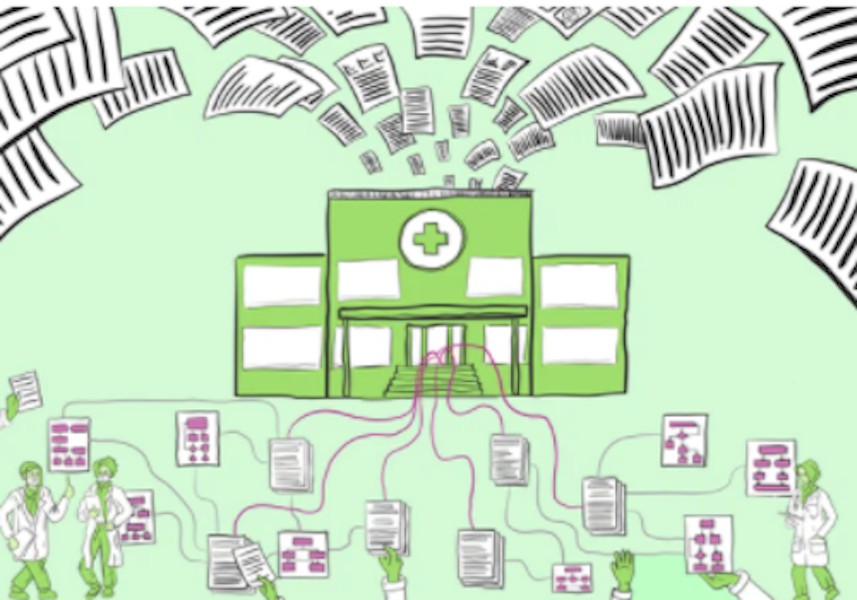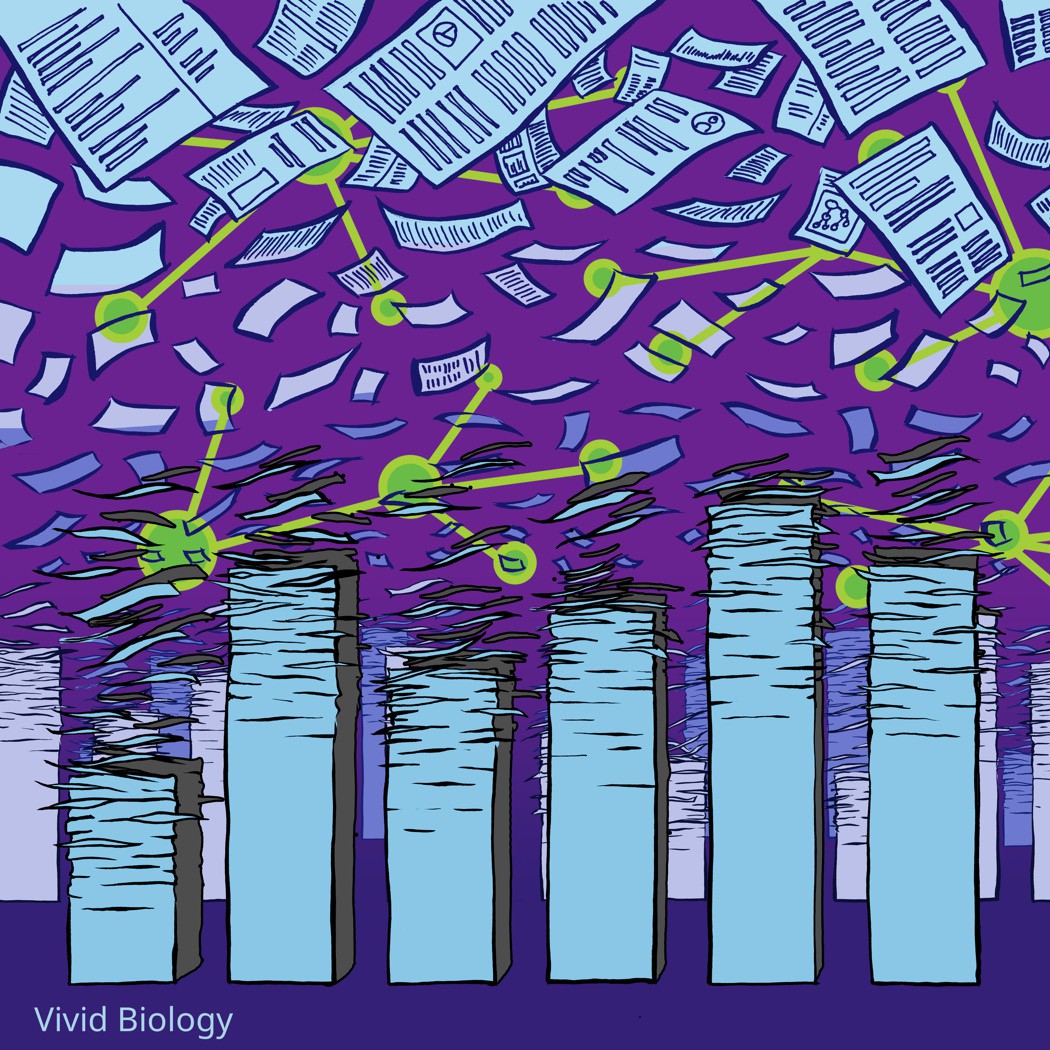Ukraine: Holding Lectures While the Bombs Fall
With the Russian army marching on his home city, a Ukrainian scholar must decide how to respond.

Send us a link
With the Russian army marching on his home city, a Ukrainian scholar must decide how to respond.

As she closes the door on her time in academia, a neuroscientist faces unexpected grief.

Publications are essential for a successful academic career, and there is evidence that the COVID-19 pandemic has amplified existing gender disparities in the publishing process. This study demonstrates the importance of reinforcing institutional commitments to diversity through policies that support the inclusion and retention of women in research.
AfricArXiv, Eider Africa, eLife, PREreview, and the Training Centre in Communication (TCC Africa) invite nominations for researchers in the fields of life sciences and medicine who will help co-create and then disseminate resources promoting best open peer-review practices in Africa.
Peer reviewing helped a graduate student to finally gain a sense of belonging within the research community.

A healthcare center widely sharing its internal guidelines on how to treat COVID-19 patients "just wasn't done." As the pandemic raged at a Boston hospital, the next generation of clinical leaders pushed for change.

Advocates of responsible science practises representing over 50 countries join the eLife Community Ambassadors programme to learn from each other and create change across the global research community.
New investment from eLife's funder-partners reflects their commitment to transforming research communication.
The training course adds to ongoing efforts to promote greater diversity in scholarly review.
By bringing rigorous review and editorial oversight to clinical preprints, eLife hopes to make peer-reviewed preprints a currency of trust in medicine.
eLife and Coko will continue working together on new systems and approaches to research communication.
Join AfricArXiv, Eider Africa, TCC Africa, and PREreview for a virtual discussion and collaborative review of an African-relevant preprint.

As eLife transitions to exclusively reviewing preprints, we have integrated medRxiv into our submission process for the rapid sharing of new medical research.
A preregistered survey experiment spanning six disciplines has found weak evidence of bias in favour of authors from high-status countries and institutions.

The two initiatives are continuing their joint efforts to increase the diversity of voices in scholarly review.
The next phase of the Executable Research Article project will focus on reducing barriers to the authoring and publication of reproducible research papers.
The Early-Career Advisory Group is looking for five early-career researchers to join our advisory group and help us realise our mission to transform research communication.
Join the next call on open research communication projects to share and discuss emerging projects and significant updates for ongoing ones.
The two initiatives have come together in their shared objective to help scientists and the public navigate the high volume of important new research.
The poor reporting of imaging methods in the scientific literature is hindering the evaluation and replication of biomedical research.
Authors with a published eLife paper can now enrich their work with embedded code blocks and computed outputs to make their results more transparent, interactive and reproducible.
Lockdowns in the United States caused by the COVID-19 pandemic appear related to a decrease in the number of women publishing research papers, especially as first authors.
It is easy to make excuses – the legacy of historic racism is so strong that there are not a lot of senior Black scientists to choose from, and those that have survived the gauntlet are in demand and overcommitted, and so on and so forth. But these excuses are lame.
eLife hosts online seminars to support early-career researchers to present their research online instead of in person.
As the Board of Reviewing Editors reaches 500, we reflect on recent recruitment efforts.
After two heart attacks in three years, an associate professor discusses the challenges of faculty life.
This observational study can help researchers and publishers make informed decisions about how to incorporate preprints into their work.
Early career researchers commonly peer review manuscripts on behalf of invited reviewers, often without receiving feedback or being named to the journal.
How can the scientific community support researchers with mental health issues?
